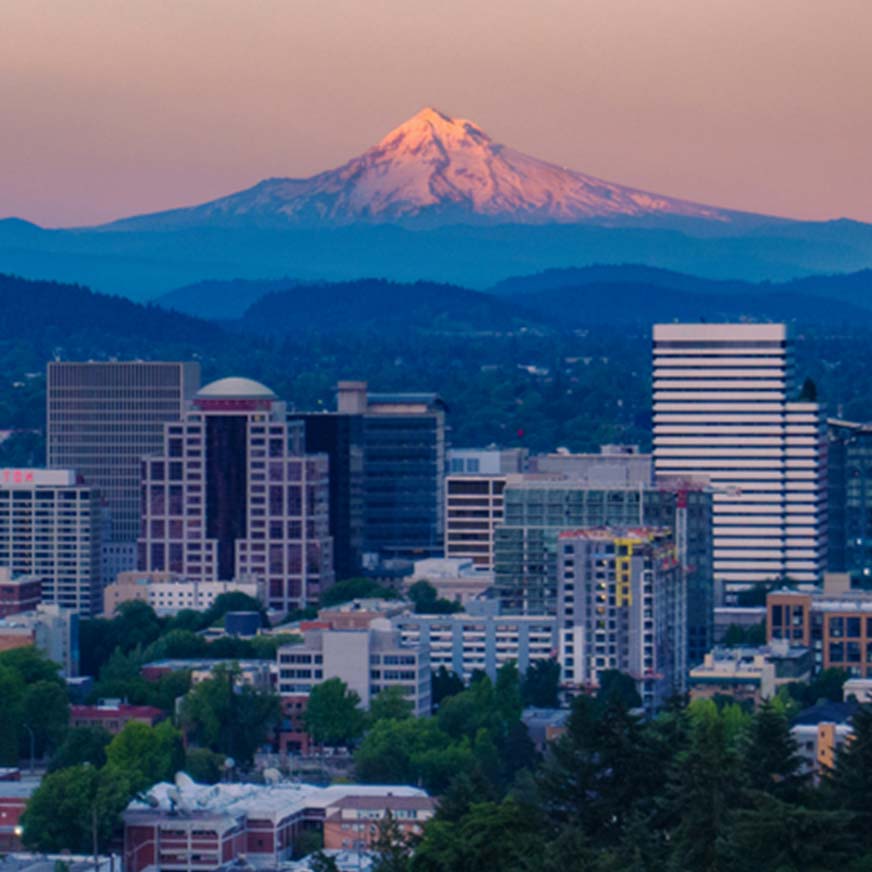
Hidden Histories
The following description was submitted by the event organizer.
Artist statement from Kathy Miller about this exhibit, opening October 3, 2019:
"We’ve learned so much, forgotten so much more. . .
Music and art have been important record keepers of culture and history for centuries. Music and Art express who we are as people at any given place and time.
Traditional music of the Spokane Indians, an Interior Salish Tribe of Washington State, was primarily vocal. Songs were sung individually and communally. They were created for rejoicing, teaching values, expressing emotions of gratitude, pain, sorrow, love and devotion. Sometimes vocals were accompanied by sticks tapped on teepee poles. Drums were later introduced through contact with other tribes and have become more central to music and dance. Drum circles reflect the values of culture; inviting family and community participation in celebration, worship and praise. These values are the foundation of healthy family and community living.
One of the ironies of American history is that The United States was founded by European emigrants who traveled to the North American Continent to escape religious persecution. History states they were welcomed even aided by the Indigenous people of the area. With this assistance, these early voyagers remained, survived and thrived.
The founders of the American Constitution understood the importance of religious freedoms, guaranteeing every citizen the right to choose how to worship. Yet, history teaches us that Indigenous people were initially denied citizenship, removed from their homelands, placed on reservations, and denied the right to traditional worship practices. Finally, to “Kill the Indian and save the man” (Capt. Richard H. Pratt, U.S. Army 1892), Indigenous children were removed from their homes to boarding schools for assimilation education undermining the ability to pass on the songs so important to the peoples’ way of life. Only a few individuals were able to preserve the traditional music, so much a part of culture and worship, by practicing in hidden locations.
Much was lost but our people adapted and survived. My work for The LAB honors the resilience and creativity of Indigenous people despite persecution within The United States of America.
What we learn from history shapes our Nation. What we do not teach may impact us more."